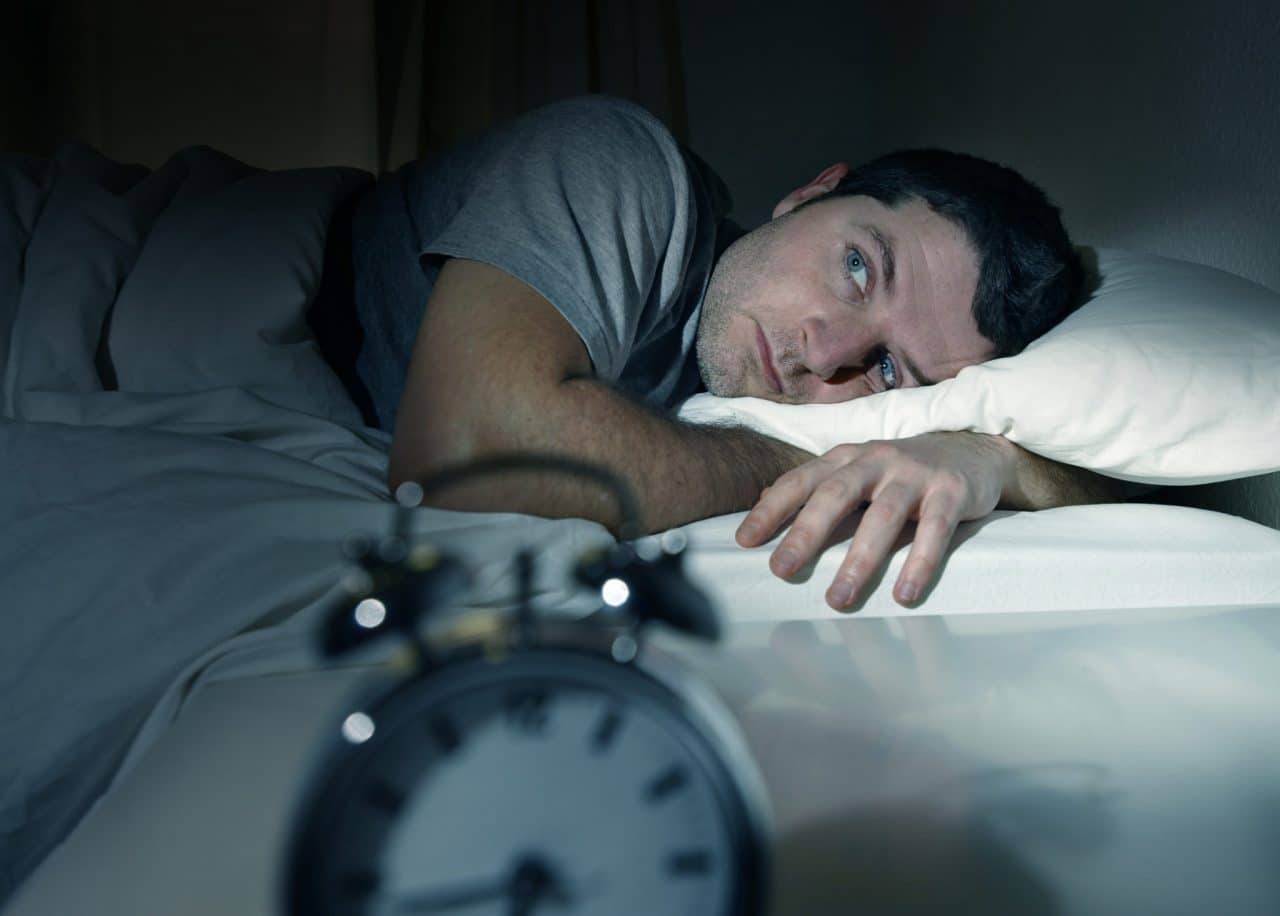Insomnia is a medical condition that causes difficulty falling asleep or staying asleep. Insomnia symptoms are common, affecting roughly one-third of all adults. Approximately 6-10 percent of the population experiences symptoms severe enough to warrant a diagnosis of insomnia disorder, making it the most common of all sleep disorders.
What Are the Symptoms of Insomnia?

People experiencing insomnia report waking up too early in the morning, having unrefreshing sleep and having trouble falling or staying asleep. Left untreated, these symptoms can lead to other problems, like fatigue, mood changes, irritability and difficulty concentrating.
What Causes Insomnia?
There are two types of insomnia: acute and chronic. Acute insomnia can be caused by stress, a traumatic event, changes to sleep habits, physical pain, jet lag and certain medications.
Chronic insomnia, which persists for three months or longer, can be either primary or secondary. Primary insomnia has no known cause, and secondary insomnia occurs with another condition. Causes of secondary insomnia include medical conditions like arthritis, psychological issues like depression or anxiety, substance use, sleep apnea and diabetes.
How Is Insomnia Treated?
There are many options for treating insomnia, including pharmaceutical and nonpharmaceutical options. You may need to try a number of treatments in order to find the combination that works best for you.
Pharmaceutical Treatments
A doctor may recommend an over-the-counter medication for managing your insomnia first. Antihistamines like Benadryl can help with sleep. Keep in mind that medications like these can have long-term side effects, so talk to your doctor before you start.
Prescription medications used to treat insomnia include Lunesta and Ambien, among others. These also can have dangerous side effects or drug interactions, so tell your doctor all the medications and supplements you take before you start.
Nonpharmaceutical Treatments
The American College of Physicians recommends cognitive-behavioral therapy (CBT) as a first-line treatment for insomnia. CBT helps you identify negative thought patterns that are causing your sleep problems and teaches healthier habits to incorporate instead.
Your doctor may also recommend sleep hygiene training, which will help you eliminate behaviors affecting your quality of sleep. Suggested lifestyle changes may include avoiding caffeine close to bedtime, exercising earlier in the day, minimizing time in bed outside of sleep hours and reducing screen time.
For more information about insomnia or talk to a sleep expert, call ENT of Georgia today.